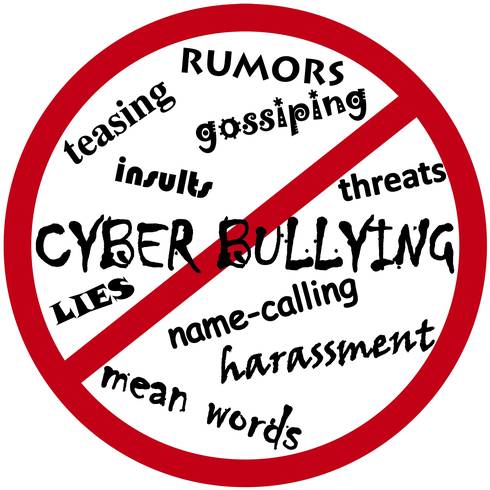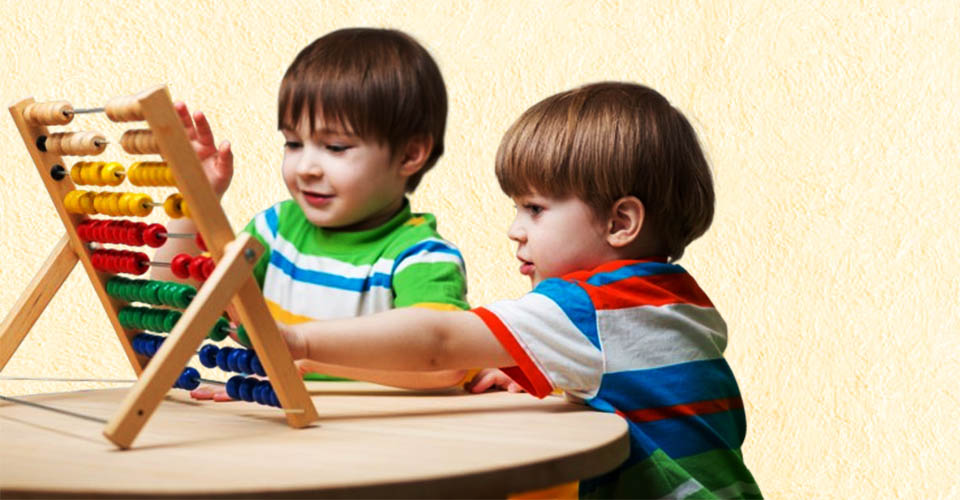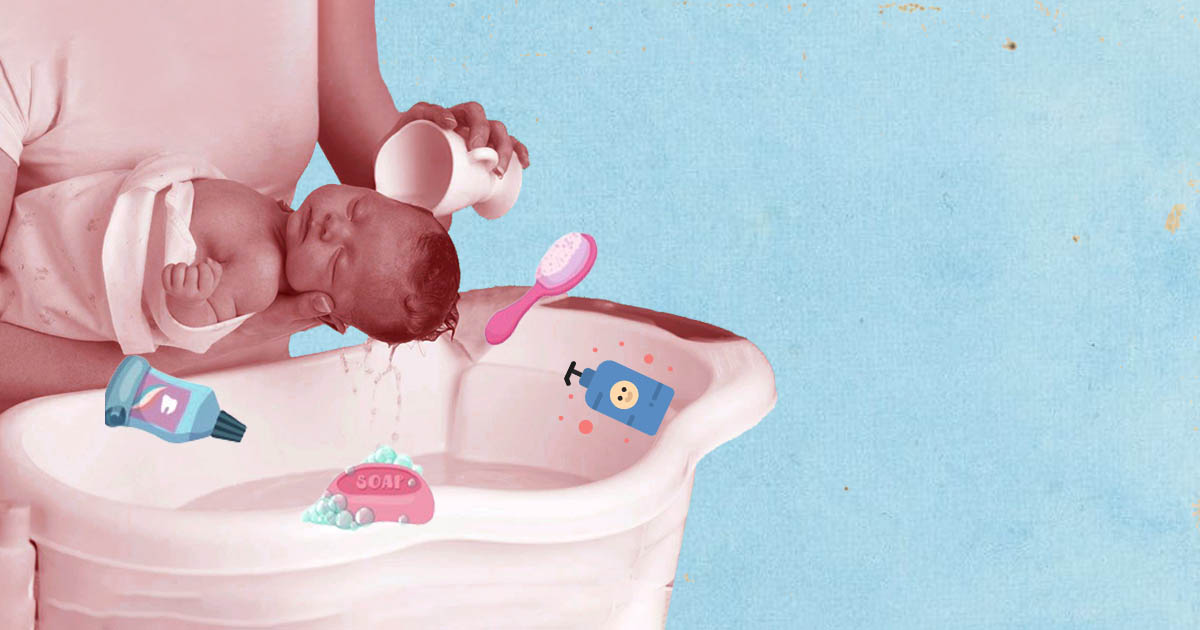Understanding the impact of social media on children is one of the crucial subject in parental studies amidst the ever-increasing rise of social media presence.
While the positive effects of social media on children are notable, including enhanced connectivity and access to diverse information, the darker implications cannot be overlooked.
We will explore how does social media affect children, both positive as well as negative effects of social media. We are also going to discuss the social media and the mental health of children. And finally, we will provide you with 8 empowering ways to counter the impact of social media on children.
The Impact Of Social Media On Children
Social media has become a part of our children’s daily lives, and as concerned parents, it’s vital to understand both the good and the challenges it brings.
On the positive side, research shows that social media can enhance our children’s communication skills, help them connect with friends and classmates, and even boost their technical know-how.
It’s not uncommon for teens to check their favorite social media sites multiple times a day, with many logging in daily. Cell phones are a big part of this equation, with 75% of teens owning one and using them for texting and social media.
However, here’s where our concern as parents comes in. Children and teenagers are still learning how to navigate the online world, and they can be vulnerable to peer pressure.
Research has found that online behavior often mirrors offline actions, like bullying and experimenting with things they might not fully understand yet. This has led to problems like cyberbullying, privacy issues, and “sexting.”
Read More: Social Media And Mental Health: 11 Interesting Facts To Know
Additionally, there’s a concern about internet addiction and how excessive screen time can disrupt their sleep. It’s important for us to be aware of these issues and help our children find a balance in their online and offline lives.
In order better understand how does social media affect children let us first look at the positive impact of social media.
Positive Effects Of Social Media On Children
While there are several potential benefits for children and adolescents using social media, it is important to note that these advantages should be balanced with careful monitoring and guidance.

Here are some positive effects of social media on children:
1. Socialization and Communication
Social media provides a platform for young people to stay connected with friends and family, make new connections, and share their ideas and creativity. It can also foster a sense of community and help in developing social skills and a sense of identity.
Read More: Video Games Improve Intelligence In Children
2. Enhanced Learning Opportunities
Social media can facilitate collaboration among students on homework and group projects. It can also be used as a tool for teaching, and reinforcing skills in areas like written expression and creativity.
3. Accessing Health Information
Adolescents can access valuable health information easily and anonymously. Online resources can provide information on various health concerns, empowering young people to learn about and manage their health better.
Additionally, mobile technologies can contribute to improved healthcare outcomes, such as better disease understanding and increased adherence to medical treatment.
Parents and guardians need to be actively involved in guiding and monitoring their children’s online activities. While the benefits are significant, it’s crucial to acknowledge the potential risks and challenges associated with young people using social media.
Let us look at the negative effects of social media on children!
Negative Effects Of Social Media On Children
Social media has become an integral part of the lives of adolescents, but its use also brings about significant risks and challenges.

According to the researchers, the most common risks associated with youth using social media can be categorized into 5 major categories.
The following are the negative effects of social media on children:
1. Cyberbullying and Online Harassment
This involves the deliberate use of digital media to spread false, embarrassing, or hostile information about a person. It is a serious issue that can lead to depression, anxiety, isolation, and even suicide.
Read More: How To Handle Cyberbullying And Trolls
2. Sexting
This refers to the act of sending or receiving sexually explicit messages or images. It can have severe consequences, including legal charges, school suspension, and emotional distress for both the perpetrator and the victim.
3. Facebook Depression
Spending excessive time on social media platforms like Facebook can lead to a phenomenon known as “Facebook depression,” where adolescents exhibit symptoms of depression due to their online interactions.
This can lead to social isolation and the adoption of risky behaviors.
Read More: The Impact Of Social Media On Teens’ Mental Health
4. Privacy Concerns and the Digital Footprint
Posting inappropriate or private content online can lead to negative consequences in the future. A lack of awareness about online privacy can jeopardize future job prospects and college acceptance, as well as make adolescents more vulnerable to targeted marketing and fraud.
5. Influence of Advertisements
Social media platforms often display various advertisements that can influence purchasing decisions and perceptions of what is considered normal among adolescents. It is crucial for parents to educate their children about the manipulative nature of online advertising.
Understanding these risks is crucial for both you as parents and your child. As this can help you mitigate the negative effects of social media on children.
It is important to promote digital literacy, encourage open communication, and establish healthy boundaries for the use of social media platforms.
Social Media And Mental Health
According to studies, social media while offering numerous benefits, has been increasingly linked to various negative impacts on mental health.
Social media often presents an idealized version of people’s lives, which can lead to unrealistic comparisons and a negative impact on self-esteem.
Constant exposure to curated, polished images and lifestyles can make individuals feel inadequate or dissatisfied with their own lives.
Read More: Mental Exercises: 7 Benefits And Impact On Mental Health
Social media platforms often emphasize physical appearance, leading to increased body image concerns and a heightened focus on external validation.
This can contribute to body dissatisfaction, disordered eating behaviors, and a negative impact on overall mental well-being, particularly among adolescents.
Increased reliance on social media for social interaction may have led to heightened feelings of isolation, especially in cases where physical socialization was limited. This isolation can contribute to feelings of loneliness and exacerbate mental health issues, particularly among vulnerable populations such as adolescents.
To mitigate the negative impact of social media on mental health, it is essential to promote digital well-being practices.
Let us explore the ways you as a parent can counter the effects of social media on children.
Mitigating Effects Of Social Media On Children
Counteracting the potentially negative impact of social media on children requires a proactive and holistic approach.
Here are eight empowering strategies that can help mitigate the adverse effects and promote a healthy relationship with technology:
1. Encourage Open Communication
Foster an environment where children feel comfortable discussing their online experiences, concerns, and challenges. Encourage open dialogue about the content they encounter and any negative interactions they may have experienced.
2. Promote Digital Literacy
Educate children about the responsible use of social media and the internet. Teach them about digital footprints, online privacy, and critical thinking skills to help them discern between reliable and unreliable information.
3. Set Screen Time Limits
Establish clear guidelines for screen time and encourage a healthy balance between online and offline activities. Implement technology-free zones or times, such as during meals or before bedtime, to encourage face-to-face interactions and uninterrupted rest.
4. Model Positive Behavior
Be a positive role model for healthy technology use. Demonstrate mindful and balanced screen time habits, and prioritize face-to-face interactions within the family.
Show children the importance of using technology as a tool for learning, communication, and creativity. This is a major step for mitigating the impact of social media on children.
5. Promote Physical Activities and Hobbies
Encourage children to engage in physical activities, sports, and hobbies that foster creativity and personal development. Encouraging a range of offline interests can help balance their time and reduce excessive reliance on social media.
Read More: 10 Fun Activities for Kids To Grow and Enjoy!
6. Cultivate Self-Esteem
Foster a strong sense of self-worth and self-acceptance within children. Encourage them to focus on their strengths and unique qualities rather than comparing themselves to others. Emphasize the importance of internal validation over external validation.
7. Monitor Online Activities
Regularly monitor and supervise your child’s online activities, ensuring they are accessing age-appropriate content and engaging in positive online interactions. Use parental control tools to limit exposure to potentially harmful content and to promote a safe online environment.
8. Promote Face-to-Face Interaction
Encourage regular social interactions with peers and family members offline. Organize family activities, outings, and gatherings to promote strong interpersonal connections and communication skills. Encouraging face-to-face interactions can help develop empathy, communication skills, and emotional intelligence.
By implementing these strategies, you can help children develop a healthy relationship with social media. You will be able to help in fostering responsible and mindful online behavior while prioritizing their overall well-being and development.
Read More: 14 Signs A Child Is Struggling With Their Mental Health
A Word From Mind Family
The impact of social media on children is a topic that demands careful consideration and proactive strategies. Understanding how does social media affect children also includes acknowledgement of benefits.
While acknowledging the benefits of social media in terms of connectivity and access to information, it is crucial to address the potential risks the effects of social media on children poses to the mental and emotional well-being of children.
Furthermore, the intersection of social media with mental health underscores the need to foster a healthy digital environment. Unrealistic comparisons, body image concerns, and feelings of isolation are significant challenges that need to be addressed.
It is imperative that parents, guardians, and educators work collaboratively to instill in children the necessary skills and awareness to thrive in an increasingly digital world while preserving their mental and emotional well-being.
By understanding how does social media affect children you can develop strategies to help reduce the impacts.
Frequently Asked Questions (FAQs)
1. How does social media affect children?
Social media impacts children by enhancing communication skills and learning opportunities, but it also contributes to cyberbullying, privacy concerns, and distorted perceptions of reality.
2. What are the positive effects of social media on children?
Positive impacts include improved communication, enhanced learning opportunities, and easy access to health information, fostering a sense of community and social identity.
3. What are the negative effects of social media on children?
Negative effects encompass cyberbullying, sexting, “Facebook depression,” privacy concerns, and the influence of targeted advertisements, affecting mental health and self-esteem.
4. How is social media and mental health related?
Social media can contribute to issues like depression, anxiety, and poor self-esteem, leading to feelings of isolation, loneliness, and dissatisfaction, especially among adolescents.
5. How to reduce the impact of social media on children?
Strategies involve promoting communication, digital literacy, and a balanced online/offline life. Implementing screen time limits, encouraging activities, and monitoring online behavior is crucial, along with fostering self-worth and personal interactions.


















Leave a Reply